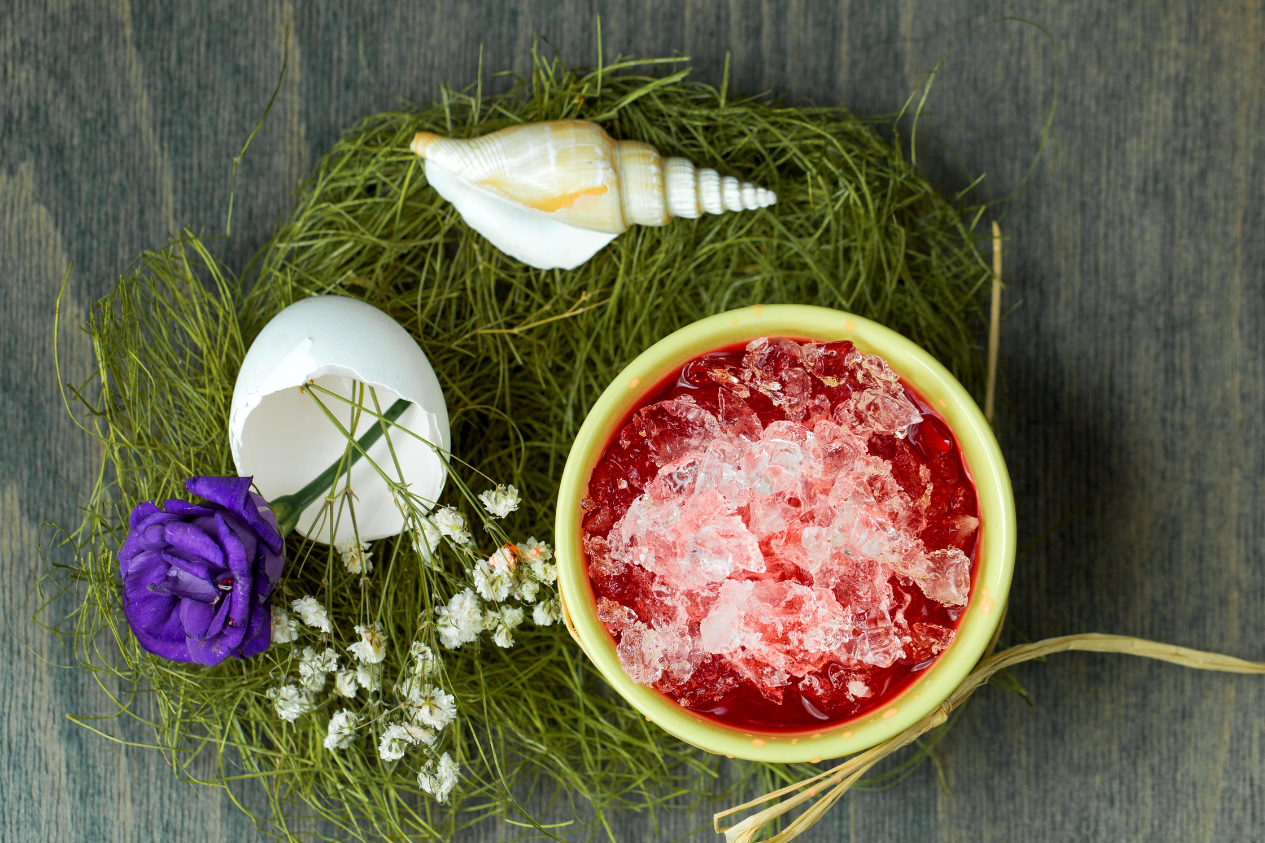
Traditional Janmashtami Recipes with a Modern Twist
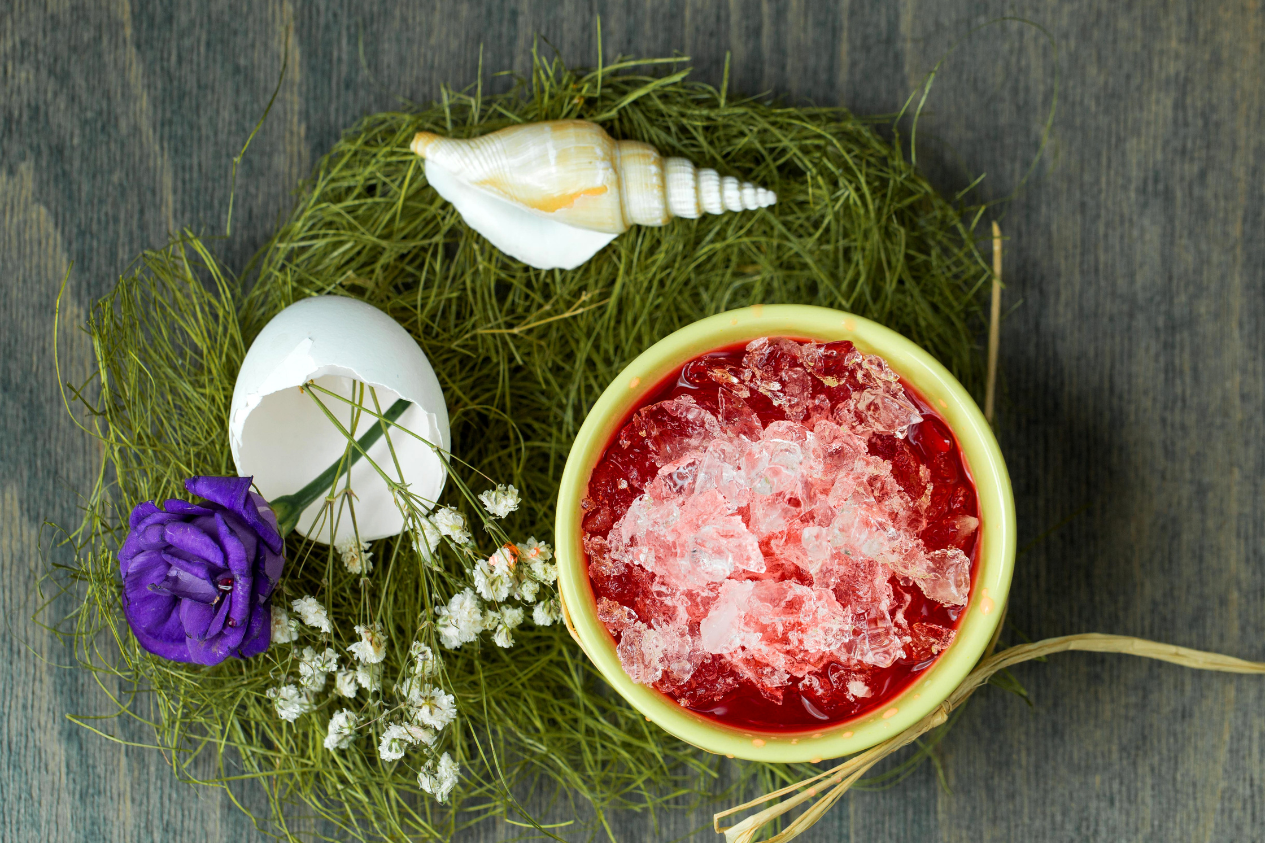
Janmashtami, Lord Krishna's birthday, is always more than just a festival; it's the best expression of devotion, heritage, and good food. Throughout India, households are filled with the smell of Janmashtami sweets, temples are filled with bhajans of praise, and kitchens are filled with preparations for the delicacies that Lord Krishna likes to eat, along with the special Janmashtami vrat food.
Even though Janmashtami lives in our society through age-old traditions, contemporary and modern cooking techniques and ingredients can easily be woven into tradition, and we can still create recipes worthy of reflecting the festival and all its glory! So in this blog post, we'll look at some classic Janmashtami sweets and savoury foods with some creative changes and variations that will give you more delicious options to consider when creating your own festive offer.
1. No-Cook Dry Fruit Peda with Saffron Essence
The No-Cook Dry Fruit Peda is a healthier version of the iconic Mathura peda, one of the most cherished Janmashtami sweets. This peda keeps the essence of Lord Krishna's favourite food alive while avoiding refined sugar.
Ingredients for No-Cook Dry Fruit Peda:
- 2 cups assorted dry fruits (dates, figs, apricots)
- ½ cup powdered almonds
- 1 tsp saffron strands soaked in warm milk
- 1 tbsp ghee
- ¼ tsp cardamom powder
Method for No-Cook Dry Fruit Peda:
- Blend the dry fruits until sticky for the peda base.
- Add powdered almonds, saffron milk, ghee, and cardamom.
- Shape into pedas and garnish with pistachio slivers.
- The No-Cook Dry Fruit Peda is perfect for Janmashtami vrat food and doubles as a wholesome sweet offering to Lord Krishna.
2. Sabudana and Quinoa Khichdi
The Sabudana and Quinoa Khichdi is a protein-rich twist on the classic fasting favourite. By combining sabudana with quinoa, this Janmashtami vrat food becomes more filling and nutritious.
Ingredients for Sabudana and Quinoa Khichdi:
- ½ cup soaked sabudana
- ½ cup cooked quinoa
- 2 tbsp roasted peanuts
- 1 tbsp ghee
- 1 chopped green chilli
- Rock salt and lemon juice
Method for Sabudana and Quinoa Khichdi:
- Heat the ghee, sauté the green chilli and peanuts.
- Add sabudana and quinoa, cook until the sabudana turns translucent.
- Season with rock salt and lemon juice.
- The Sabudana and Quinoa Khichdi keeps the spirit of Janmashtami vrat food intact while making it more nourishing.
3. Makhan Misri Cheesecake Cups
The Makhan Misri Cheesecake Cups reimagine the traditional makhan mishri, one of Lord Krishna's favourite food combinations, into a creamy, indulgent dessert.
Ingredients for Makhan Misri Cheesecake Cups:
- 200g cream cheese
- ½ cup fresh unsalted butter (makhan)
- 2 tbsp powdered sugar
- 2 tbsp crushed mishri (rock sugar)
- Biscuit crumbs for base
Method for Makhan Misri Cheesecake Cups:
- Whisk cream cheese, makhan, and sugar until smooth.
- Press biscuit crumbs into dessert cups.
- Layer the mixture, sprinkle mishri, and chill.
- Makhan Misri Cheesecake Cups bring elegance to Janmashtami sweets without losing the buttery charm Krishna loved.
4. Flaxseed and Coconut Panjiri Bites
The Flaxseed and Coconut Panjiri Bites are a modern take on the wholesome atta panjiri, traditionally offered as bhog during Janmashtami.
Ingredients for Flaxseed and Coconut Panjiri Bites:
- 1 cup whole wheat flour
- ¼ cup ghee
- ¼ cup ground flaxseeds
- ½ cup grated coconut
- ½ cup jaggery powder
- Cardamom powder
Method for Flaxseed and Coconut Panjiri Bites:
- Roast flour in ghee until fragrant.
- Add flaxseeds, coconut, and jaggery, mixing well.
- Press into a tray, cut into bites.
- The Flaxseed and Coconut Panjiri Bites are rich in fibre, making them a perfect healthy Janmashtami sweet.
5. Makhana Kheer with Almond Milk
The Makhana Kheer with Almond Milk is a creamy vegan dessert ideal for Janmashtami vrat food. This kheer preserves the festival’s traditional sweetness while making it dairy-free.
Ingredients for Makhana Kheer with Almond Milk:
- 2 cups makhana
- 2 cups almond milk
- 2 tbsp jaggery powder
- Saffron and cardamom
Method for Makhana Kheer with Almond Milk:
- Roast makhana lightly and crush.
- Simmer in almond milk until soft.
- Sweeten with jaggery, add saffron and cardamom.
- Makhana Kheer with Almond Milk is a fragrant, wholesome Janmashtami sweet that suits every diet.
6. Millet Malpua with Rose Syrup
The Millet Malpua with Rose Syrup transforms the classic malpua into a nutrient-dense delight.
Ingredients for Millet Malpua with Rose Syrup:
- 1 cup millet flour
- ¼ cup milk
- ¼ cup jaggery syrup
- Ghee for frying
- Rose syrup
Method for Millet Malpua with Rose Syrup:
- Make a batter of millet flour, milk, and jaggery.
- Fry small malpuas in ghee.
- Serve drizzled with rose syrup.
- The Millet Malpua with Rose Syrup offers all the indulgence of Janmashtami sweets with better nutrition.
7. Fruit and Nut Chhena Cups
The Fruit and Nut Chhena Cups are a playful, fruity take on traditional paneer-based sweets.
Ingredients for Fruit and Nut Chhena Cups:
- 200g paneer or chhena
- 2 tbsp honey
- Mixed nuts and dried fruits
- Hollowed-out orange halves
Method for Fruit and Nut Chhena Cups:
- Mash chhena with honey.
- Add nuts and dried fruits.
- Fill into orange halves and chill.
- The Fruit and Nut Chhena Cups are colourful, refreshing Janmashtami sweets perfect for offering to Lord Krishna.
8. Amaranth Ladoo with Dates and Nuts
The Amaranth Ladoo with Dates and Nuts is a nutrient-packed, gluten-free sweet made without refined sugar.
Ingredients for Amaranth Ladoo with Dates and Nuts:
- 1 cup puffed amaranth
- ½ cup chopped dates
- ¼ cup chopped nuts
- 2 tbsp ghee
Method for Amaranth Ladoo with Dates and Nuts:
- Roast amaranth lightly.
- Blend dates into a paste, mix with nuts and ghee.
- Roll into laddoos.
- Amaranth Ladoo with Dates and Nuts is a perfect Janmashtami vrat food and a healthy treat for kids.
9. Sweet Potato Halwa with Cardamom
The Sweet Potato Halwa with Cardamom gives a vrat-friendly twist to halwa while being naturally sweet.
Ingredients for Sweet Potato Halwa with Cardamom:
- 2 cups boiled, mashed sweet potato
- 3 tbsp ghee
- ¼ cup jaggery powder
- ½ tsp cardamom powder
Method for Sweet Potato Halwa with Cardamom:
- Heat the ghee, and sauté the sweet potato mash.
- Add jaggery, cook until thick.
- Sprinkle cardamom before serving.
- The Sweet Potato Halwa with Cardamom is a warming Janmashtami sweet perfect for late-night bhog.
10. Chia Kheer with Rose and Pistachio
The Chia Kheer with Rose and Pistachio blends modern superfoods with traditional kheer flavours.
Ingredients for Chia Kheer with Rose and Pistachio:
- ½ cup chia seeds
- 2 cups coconut milk
- 2 tbsp jaggery
- Rose water and pistachio slivers
Method for Chia Kheer with Rose and Pistachio:
- Soak chia seeds in coconut milk overnight.
- Sweeten with jaggery, add rose water.
- Garnish with pistachios before serving.
- Chia Kheer with Rose and Pistachio is a cooling, elegant Janmashtami sweet for fasting or feasting.
Whether you are observing a fast, having family gatherings with food and festivities or celebrating the day, your kitchen can reflect the same old-new harmony of Janmashtami as you prepare both Janmashtami sweets like no-cook dry fruit pedas and versatile Janmashtami vrat food like quinoa khichdi.
As you prepare your offerings, remember you are celebrating through devotion and love with offerings of food and in sharing, whether traditional or creative - these values are timeless just like food. And maybe, if you're serving your modern-twist bhog to family and friends, you might actually see Lord Krishna smiling on the creativity and love you've put into each dish.
Related Blogs
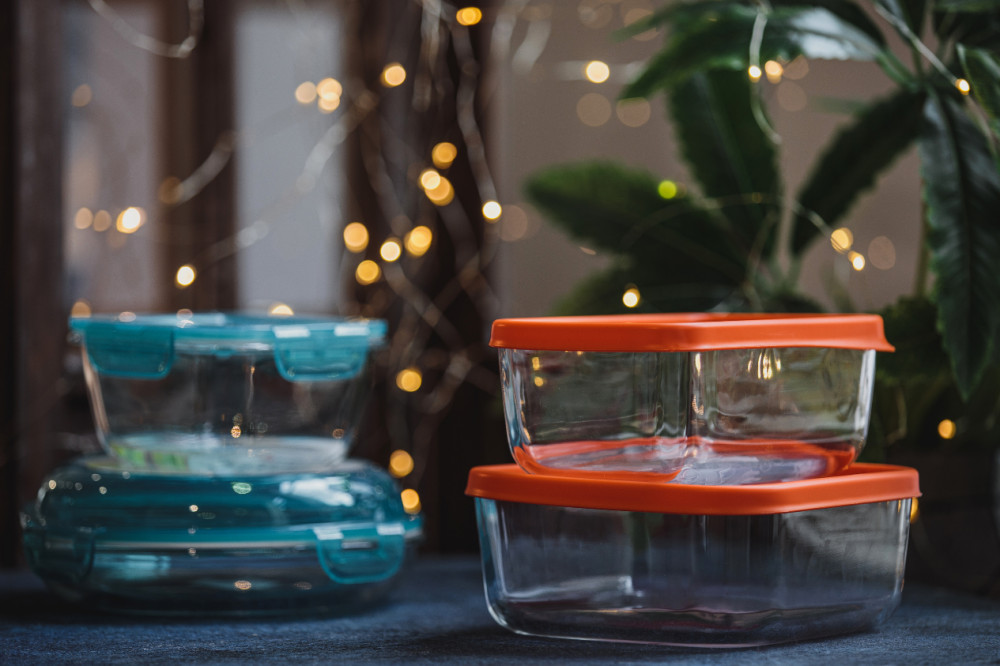
How to Store Festive Leftovers Without Losing Taste or Freshness
63 Views
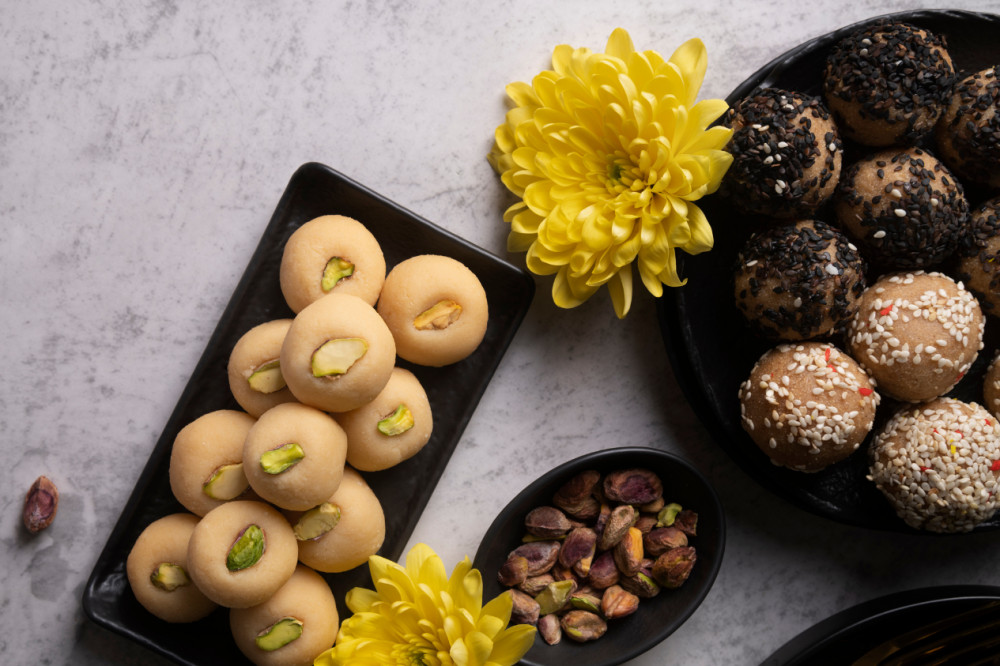
Quick Diwali Sweets Recipes 2025: Ready in Under 30 Minutes
98 Views
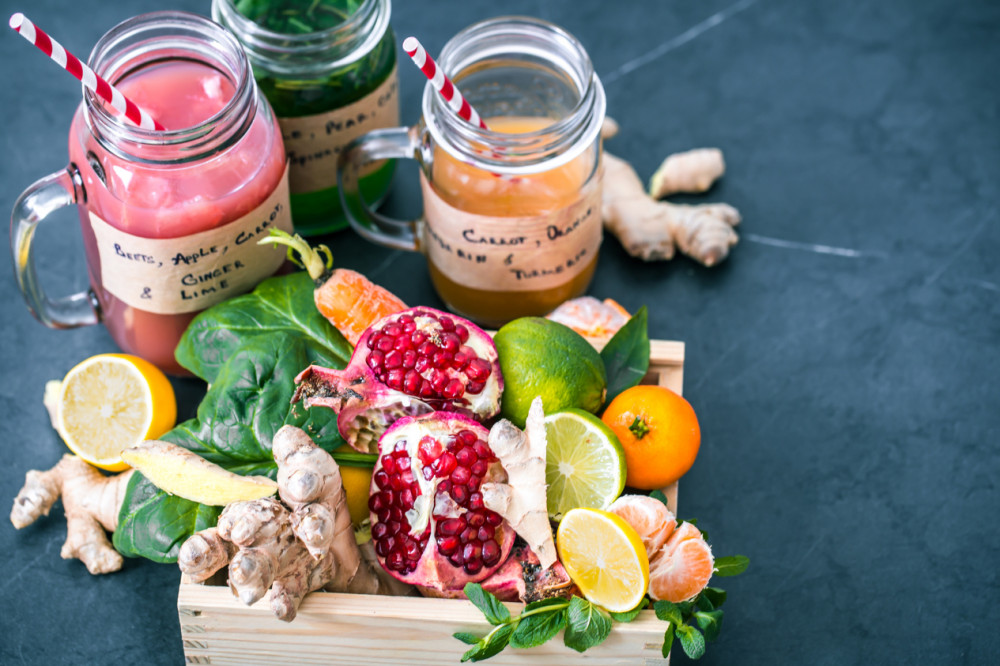
October Smoothies: Indian Fruits & Spices to Boost Immunity
67 Views
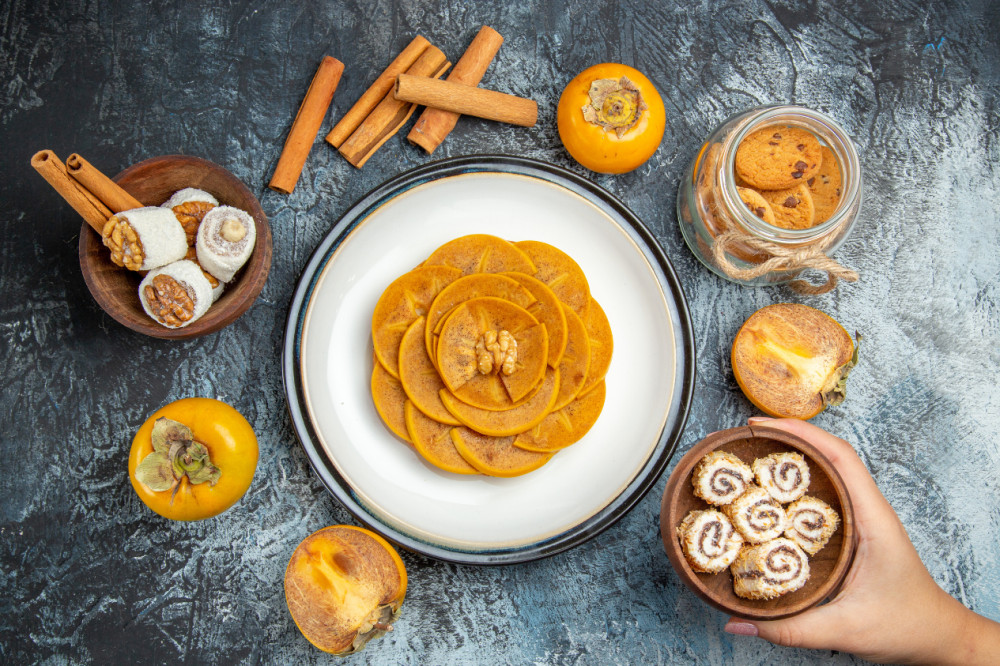
Indian Autumn Baking 2025: Pumpkin, Jaggery & Cardamom Cake Recipes
86 Views
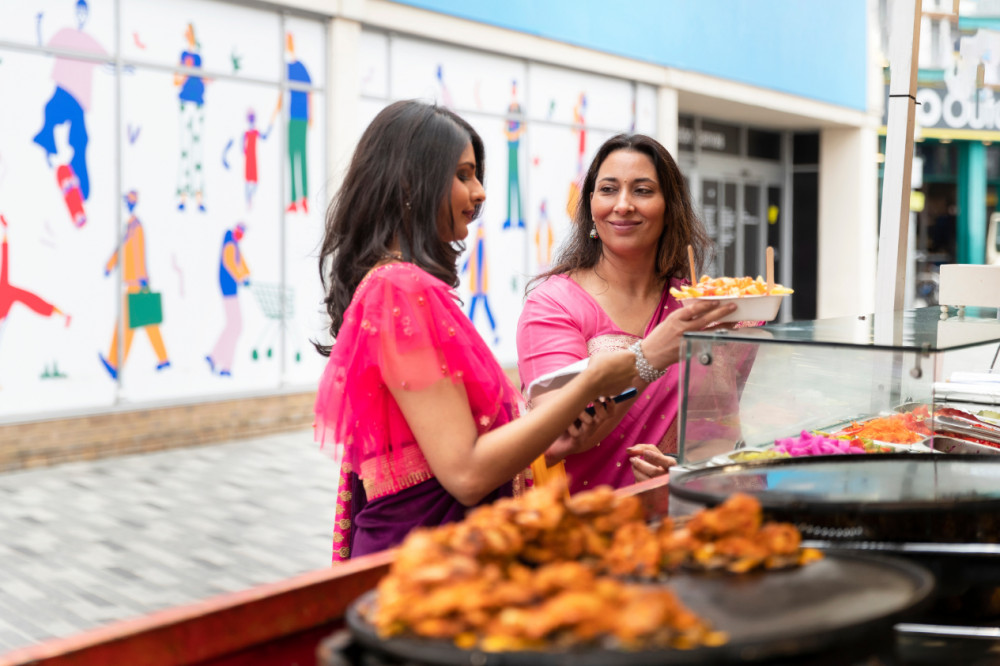
Street Food at Home: Chaat Recipes You Can Make This Festival Season
71 Views